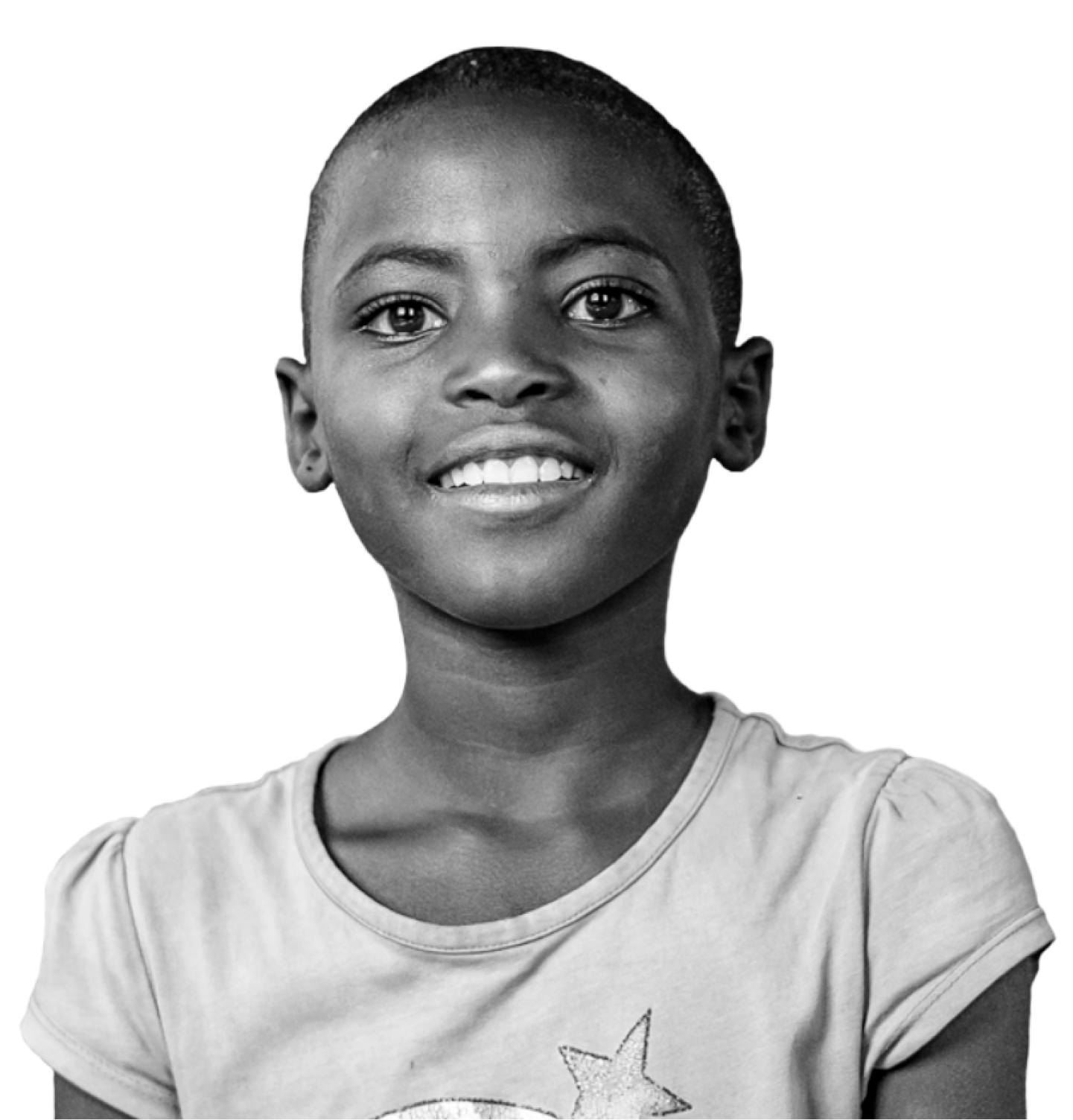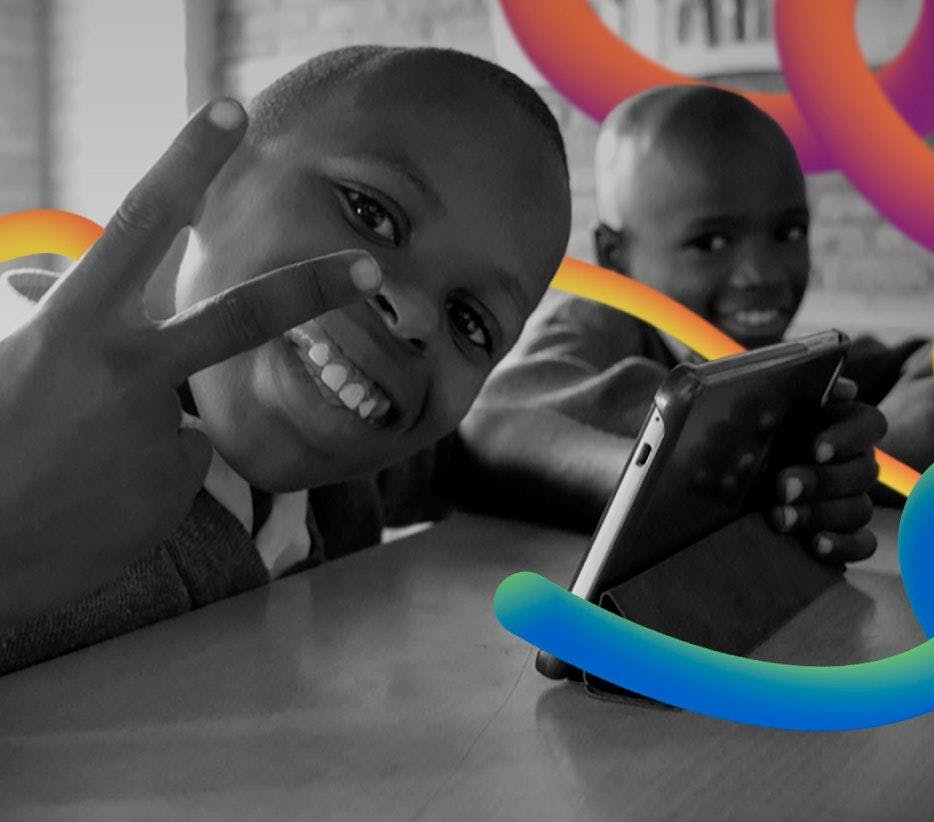When school lets out and summer begins, children shift from structured learning to relaxed days filled with fun and exploration. While this break is well-deserved, it can also come with a hidden cost: the “summer slide.” This term refers to the learning loss many children, especially early readers and those from underserved communities, experience during school holidays.
Research shows that students can lose up to three months of progress in reading and math if learning isn’t reinforced. According to the National Center for Education Statistics (NCES), children who are frequently read to are significantly more likely to:
- Count to 20 or higher (60% vs. 44%)
- Write their names (54% vs. 40%)
- Read or pretend to read (77% vs. 57%)
At NABU, we believe that every break from school shouldn’t mean a break from learning. In this article, we’ll explore what summer learning loss is, who it affects most, and why literacy support, especially in mother tongue languages, is essential to keeping kids on track.
What Is Summer Learning Loss?
Summer learning loss refers to the decline in academic skills and knowledge when students are not engaged in educational activities during long school breaks. It often shows up as reduced reading fluency, comprehension, and math performance by the time school resumes.
This regression is driven by a combination of brain science and environmental factors:
- Neural Pruning: When not stimulated, the brain sheds unused connections between neurons. Regular reading and problem-solving keep those connections strong.
- The Forgetting Curve: Without reinforcement, newly learned information is forgotten quickly. A few weeks without practice can reverse months of learning.
- Lack of Engagement: Transitioning from full academic routines to long periods of passive screen time or unstructured leisure impacts cognitive growth.
- Inequity in Access: The “faucet theory” suggests that while children may have similar access to resources during the school year, those from low-income households often lose access in summer, widening achievement gaps.
Who Is Most at Risk?
Research such as the Early Childhood Longitudinal Study (ECLS) reveals that certain children are especially vulnerable to the summer slide:
- Early learners building foundational reading and math skills
- Children from underserved or low-income communities
- Students with limited access to books, libraries, or learning tools
Educators observe that reading comprehension and problem-solving skills are often the most affected, leaving students to re-learn concepts they had mastered just months before.
Long-Term Impact of the Summer Slide
The consequences of repeated summer learning loss go beyond a single academic year:
- Widened Learning Gaps: Missed learning compounds over time, making it harder for children to meet grade-level milestones.
- Cognitive Delays: A lack of summer engagement slows the development of memory, inference-making, and reasoning skills.
- Interrupted Routines: When students lose their academic rhythm, returning to school becomes a steeper climb.
A Shared Responsibility: How Parents and Communities Can Help
Preventing summer learning loss is a shared effort. Parents, caregivers, community organizations, and nonprofits can all play a role in keeping children engaged.
At NABU, we’re closing the gap through free, culturally relevant, bilingual children’s books available in the mother tongue languages that children speak at home. From picture books to digital adventures, our tools ensure children can keep reading anytime, anywhere.
- Explore 8 NABU Books to Keep Kids Reading All Summer Long
- Learn How to Stop Summer Learning Loss
- Read The Big and Magical Basketball Games on read.nabu.org
- Download the NABU App to discover more stories in your language
Let’s Keep Learning Alive This Summer
Summer should be a season of discovery, not decline. With the right stories, tools, and encouragement, children can enjoy their break without losing the progress they’ve made.
By creating access to mother tongue books and encouraging intentional reading time, we can help every child return to school confident, curious, and ready to succeed.
We’re Just Getting Started
NABU’s story library is still growing and we need your support to bring more books to more children, faster.
- Partner with us to co-create or distribute inclusive stories at nabu.org/get-involve
- Donate now to fund more books for communities that need them
- Reach us at info@nabu.org
Because every child deserves to be seen. These aren’t just books, they’re mirrors, windows, and lifelines. Tools for healing. Sparks of joy. Foundations for a brighter future. Let’s write the next chapter together.
Want actionable tips to prevent summer learning loss? Read our guide: How to Reduce Summer Learning Loss.


Donate
Your donation makes a difference. Join us in our mission to ensure every child has equal access to literacy and learning resources.
THE IMPACT OF YOUR GIFT
NABU is free for children, families, and teachers, thanks to our generous donors. Your donation can make a big difference:
- $25 monthly subscription for one child: Provide access to the NABU app and hundreds of bilingual books for a child and their family
- $45 monthly subscription for one classroom: Gift NABU to a teacher for use in their classrooms to support student learning
- $1,500 to publish a children's book: Support our professional development initiatives, training local artists to create culturally relevant stories for children in their communities, with translations into 25 languages
- $5,000 to sponsor a country-wide children's radio program:Expand our impact through storytelling radio programs across an entire country

